
Get Instant Solution By an Expert Advisor
(4.8)


EPR stands for Extended Producer Responsibility and is the mandatory certificate for producers, importers, and brand owners of electronic waste, plastic waste, battery waste tyre waste, etc. Agile Regulatory with a team of environmental experts with full knowledge and experience of EPR, will guide you in obtaining an online EPR certificate. We offer full assistance in obtaining a CPCB EPR, certificate online.

The primary responsibility of producers, importers, brand owners, and bulk consumers of electronics, plastic, related items, and batteries is to possess an EPR certificate. The primary goal of Extended Producer Responsibility is to enable the reverse collection and recycling of all trash produced by their business. Recovering and recycling resources that have been inserted into garbage is the goal. The Central Pollution Control Board (CPCB) has released appropriate standards for environmentally sound collection, storage, transportation, segregation, recycling, and disposal.
Businesses engaged in the manufacturing and import of electronics, plastic, batteries, and tires from foreign nations into India are required to have an EPR certificate. Companies engaged in such types of operations have to follow the legal process to obtain Certification for Extended Producer Responsibility. To obtain the EPR license, you must follow the guidelines set by the Central Pollution Control Board. Once you comply with all the guidelines, the CPCB will issue you an Extended Producer Responsibility Certificate.
Promoting Sustainability: EPR Certificate provides a strong incentive for companies to adopt greener practices, reduce waste generation, and design products with recycling and disposal in mind.
Financial Incentives: Producers who excel in waste management can generate additional revenue by selling EPR certificates to those struggling to meet their targets.
Reduced Environmental Impact: By holding producers accountable for waste management, the EPR certificate contributes to minimizing landfill waste, conserving resources, and reducing pollution.
Collaborative Approach: The Extended Producer Responsibility Certificate encourages collaboration between industries, as companies that have surpassed their targets can assist others in meeting their obligations, fostering a culture of shared environmental responsibility.
Consumer Trust and Brand Reputation: Companies that obtain EPR certificates showcase their commitment to sustainability, building consumer trust, and enhancing their brand reputation.
EPR certification fee depends on the actual waste generation annually:
Here is the mandatory online registation process steps for getting an EPR Certificate:
Step 1: Create a login credential to the CPCB Portal: The application has to create a login ID and password to the CPCB portal, by using the email and mobile number along with company documents and KYC documents of an authorized person.
Step 2: Drafting of application and submission: Once we are done with portal registration, we need to draft and submit the mandatory forms & formats, along with the required documents.

Step 3: Fee Payment: Applicants need to pay the mandatory fee through the CPCB portal via different payment sources (Internet banking, mobile banking, UPI, NEFT, RTGS, and IMPS).
Step 4: Scrutiny of the Application: A reviewing office will be allocated to review the complete documents and details submitted to the CPCB portal.
Step 5: Grant of Authorization: After successful verification of the application by the reviewing officer, you will get the Extended Producer Responsibility Certificate.
Collection and Management of Waste: Producers are obligated to establish a collection mechanism for the products they introduce into the market.
Recycling & Resource Recovery: According to EPR, producers must help with resource recovery and recycling of the collected trash.
Reporting and Documentation: Producers must keep detailed records and documentation of their waste management operations.
Meeting EPR Targets: EPR Registration in India often comes with specific targets that producers must meet.
Financial Contributions: In some cases, producers may be required to contribute financially towards waste management and recycling initiatives.
Awareness Plan: EPR also points out how crucial it is to raise public awareness of appropriate recycling and waste disposal practices.
Annual Compliance Reports: It is mandatory for Producers to submit annual compliance reports to CPCP.
Forfeitures for Non-Compliance: Penalties and legal consequences may result from breaking EPR regulations.
Even if the idea of an EPR Certificate has a lot of potential, there are still issues to be resolved maintaining transparency, standardizing certificate analysis, and preventing environmental disinformation are a few of the major issues. The EPR certificate, however, is probably going to gain popularity and change to meet these concerns as India shifts toward a circular economy and increases awareness of environmental issues.
In India, the EPR certificate is a certification scheme meant to keep manufacturers and importers responsible for the end-life cycle of the produced goods. To decrease the impact on the environment, the PIBOs have to manage recycling and disposal. EPR authorization promotes a green environment and works to make India's future more eco-friendly. It's a step in the right direction to make sure businesses minimize the impact of their products on the environment.
Businesses that acquire EPR certificates can improve their competitiveness and brand value in a market where consumers are becoming more environmentally concerned while also helping to make the world a greener place. Connect Agile Regulatory Expert Environmental Professionals to Get a Detailed Discussion.
Any manufacturer and importer of plastic, electronic and battery products must get an EPR Certificate.
The application is submitted online through the EPR portal along with the mandatory documents like GST, PAN, product details etc.
Yes, EPR registration is mandatory for manufacturers, importers, and brand owners under the Plastic Waste Management Rules, E-Waste Management Rules, Battery Waste Management Rules.
EPR Certificate for Electronics and Battery is valid for five years and However, EPR Plastic Certification is valid for lifetime.
The fee depends on the type of application and per annum capacity of waste generated. Generally, Government fees range from ₹10,000 to ₹50,000+.
EPR compliance means to fulfil the recycling target set by CPCB. Producers must submit periodic reports and maintain records of waste disposal through authorized recyclers.
Yes, importers and brand owners can apply even without physical manufacturing units in India, provided they meet the registration requirements.
It can cause cancellation of EPR certificate, and restriction on import or sale of products.
How to Get an EPR Certificate for Import?
What is EPR compliance? Types of EPR Registration
EPR Certificate Registration Process, Types, and Fees
What are the benefits of EPR services for recycling e-waste?
The Best Ways to Utilize EPR Registration for Waste Management
Who Can Obtain EPR Registration? Why is EPR Registration Necessary?
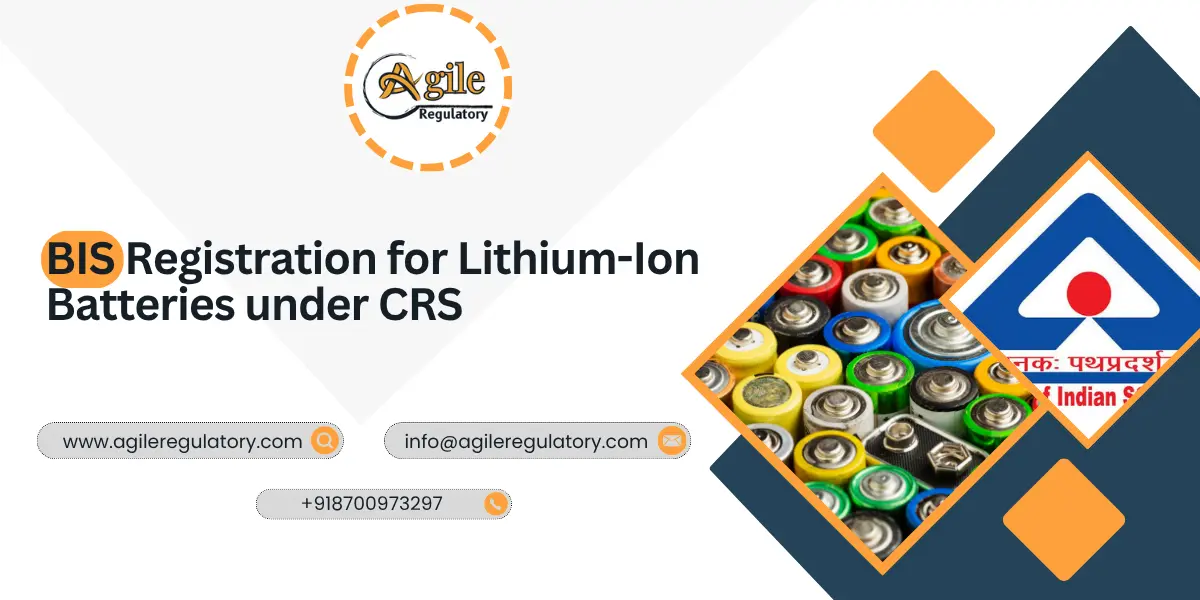
 Nishi Chawla
Nishi Chawla
14 Nov, 2025
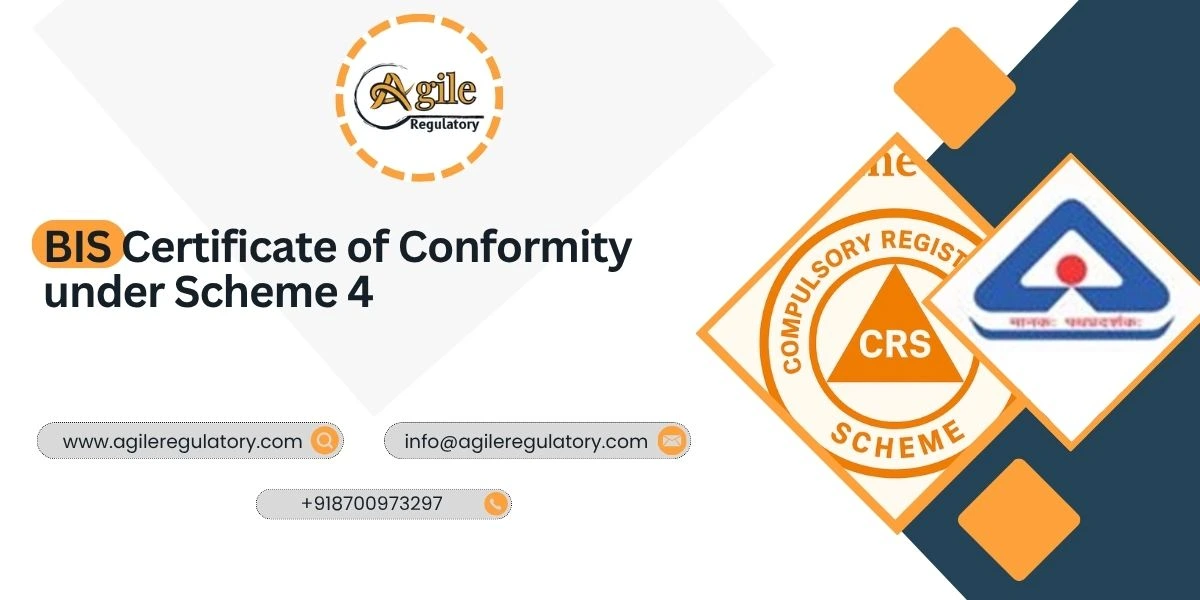
 Nishi Chawla
Nishi Chawla
14 Nov, 2025
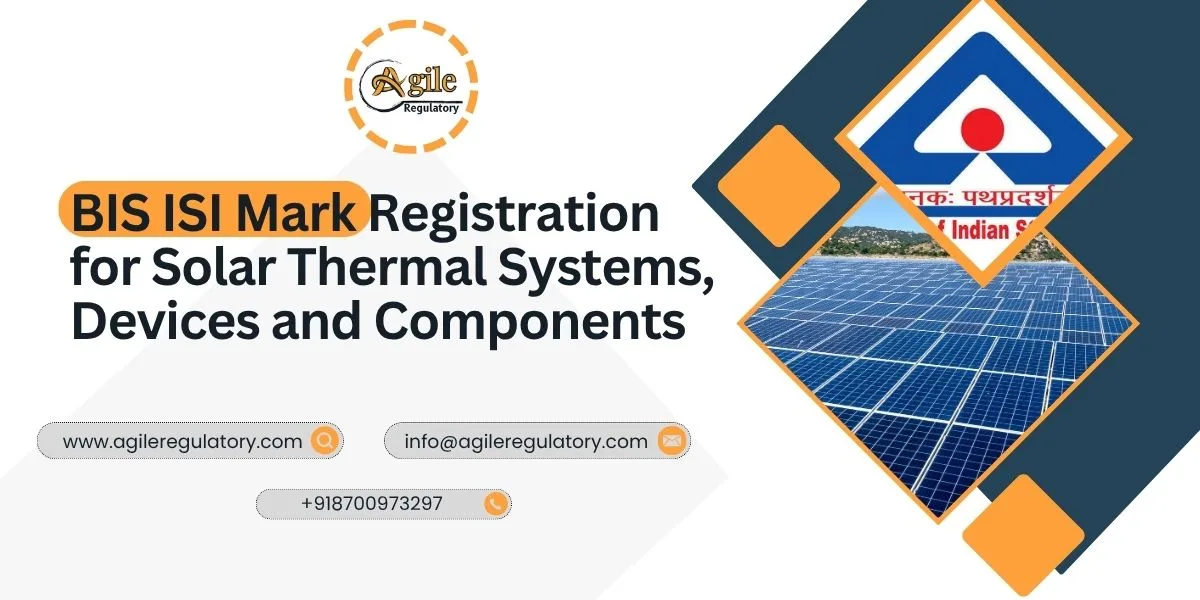
 Nishi Chawla
Nishi Chawla
13 Nov, 2025
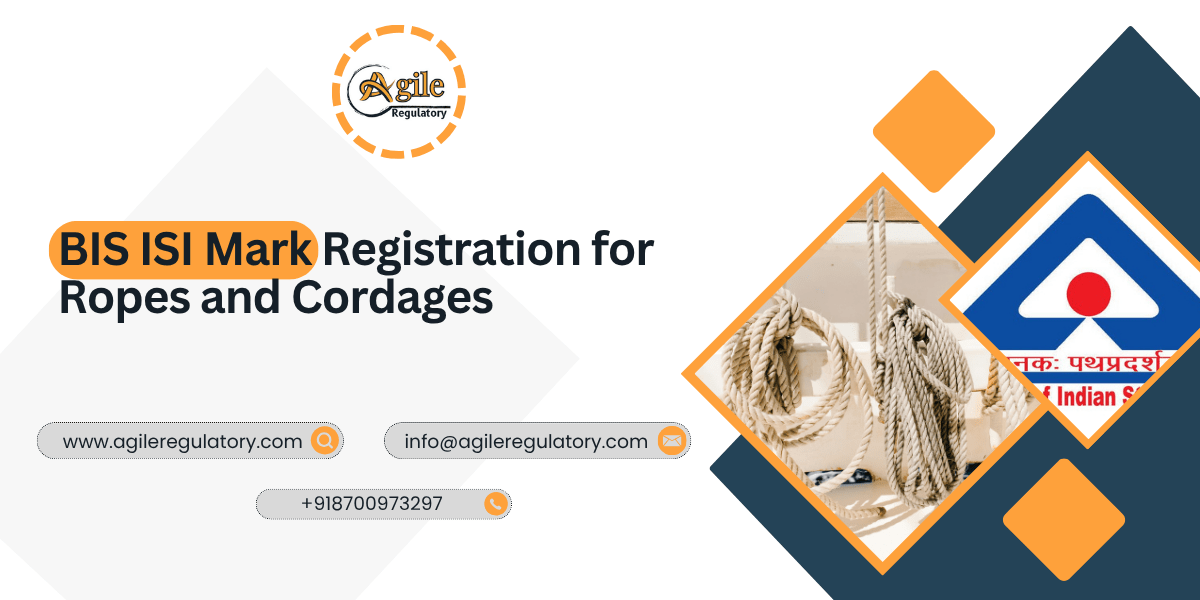
 Nishi Chawla
Nishi Chawla
13 Nov, 2025
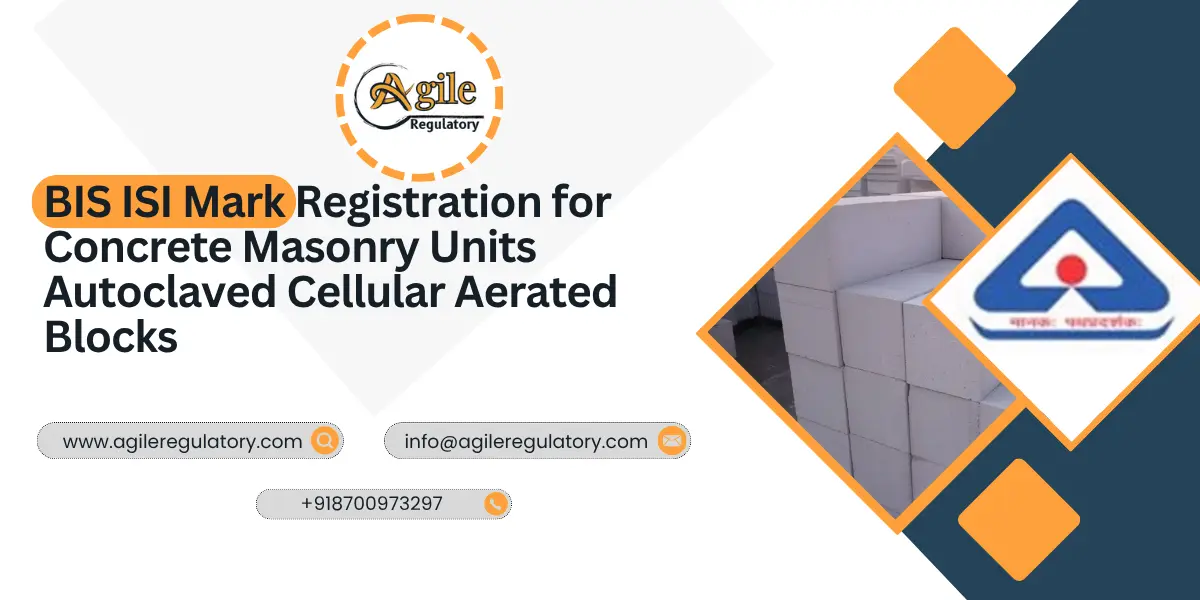
 Nishi Chawla
Nishi Chawla
12 Nov, 2025

Get Instant Solution By an Expert Advisor
(4.8)
We simplify compliance through a proven 4-step process: Consultation, Documentation, Submission, and certification. From understanding requirements to getting final approvals, we deliver a smooth, timely, and fully compliant journey for your business.
What our customer says about us
Fantastic support from the team. Their expertise transformed our approach, driving remarkable outcomes. A must-have partner for businesses seeking effective consulting solutions. Highly recommended.

KTPL Instruments
Agile Regualtory delivers exceptional solutions. Their insightful guidance streamlined our processes and boosted profitability. Highly recommended for businesses seeking expert consulting services to thrive.

Justrack IOT
Impressed by Agile Regulatory's expertise. Their strategic insights and practical solutions have elevated our business operations. A reliable partner for effective consulting services. Highly recommended for growth-focused businesses.

Coaire Compressor
Extraordinary consulting services. Their insightful solutions and dedicated team reshaped our business, driving remarkable improvements. Highly recommend it for transformative results.

Easy Polymer
Incredible experience with Agile Regulatory. Their innovative strategies and expert advice revitalized our business model, resulting in impressive growth. Highly recommend their exceptional consulting services.

Tarus International
Top-tier consulting! offered strategic solutions that revolutionized our approach. Their deep expertise and personalized guidance made a significant impact on our success. Highly recommend their services.

Anchor Weighing
Agile Regulatory exceeded expectations! Their tailored solutions, expertise, and proactive approach led to remarkable results. Highly recommend for businesses seeking impactful and strategic guidance.

AM Capacitor
Outstanding service! delivered targeted solutions with professionalism and expertise. Their insights elevated our business strategies, resulting in noticeable growth. Highly recommended for exceptional consultation.

Imaxx Pro Aquistic
Leave a Reply
Your email address will not be published. Required fields are marked *